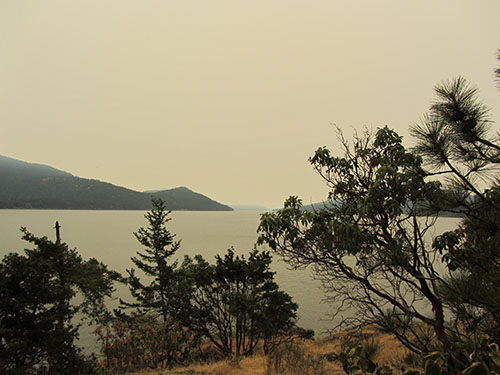||| FROM THE OFFICE OF REP. RICK LARSEN |||
Today, the Federal Aviation Administration (FAA) awarded $1,000,001 in Bipartisan Infrastructure Law grant funding to the Port of Friday Harbor to improve the existing fuel farm at Friday Harbor Airport (FHR). The port will use the funding to add a supplemental tank for Jet A fuel and install a larger 12,500-gallon AvGas fuel tank.
FAA awarded the funding through the Airport Infrastructure Grant (AIG) program, which was established under the Bipartisan Infrastructure Law to invest in the planning and development of public-use airports. Earlier this month, FAA awarded an additional $2.8 million in AIG funding to modernize airport infrastructure, improve runway safety and create jobs at Friday Harbor Airport, Lopez Island Airport and Anacortes Airport.
What Larsen and the Port of Friday Harbor Are Saying
Rep. Rick Larsen (WA-02), the lead Democrat on the House Transportation & Infrastructure Committee, and Port of Friday Harbor Executive Director Todd Nicholson celebrated FAA’s announcement and what it means for Friday Harbor Airport.
“Thanks to the Bipartisan Infrastructure Law, Friday Harbor Airport has the funding needed to make critical upgrades to its jet fuel infrastructure and safely accommodate more aircraft,” said Larsen. “You cannot have a big-league economy with little league infrastructure, and this investment will ensure the airport and the Port of Friday Harbor can continue to drive the regional economy and support local jobs.”
“Representative Rick Larsen has been a tireless advocate for important regional infrastructure. The Port of Friday Harbor and our local economy continues to benefit from his work on our behalf. The infrastructure supported by this grant is critical to the competitiveness and expansion of our island’s commercial aviation businesses,” said Nicholson.
The Bipartisan Infrastructure Law is Working for Washington
Thanks to Larsen’s leadership, $8.7 billion in Bipartisan Infrastructure Law funding has been invested in Washington state infrastructure as of March 2024, with more than 670 specific projects identified for funding statewide. For more information on how the BIL is benefiting Washington state, click here







